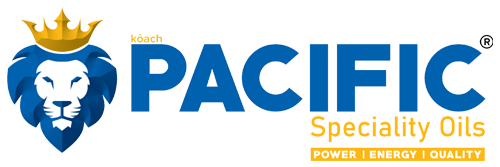Description
Monoesters are a class of products that are used as additives in lubricants to improve lubricity and provide boundary lubrication. They are often used in metalworking, textile lubricants, and environmentally friendly lubricants. Monoesters are made from renewable ingredients and have good health and safety profiles. They are also considered "non-water pollutant" lubricants, which can reduce the costs of oil spillage or disposal.
Monoesters are rheologically complex fluids that are affected by branching. They have low viscosity and high polarity, which allows them to be washed off parts after processing. This is important in applications such as metalworking and textiles.
The present invention is generally directed to monoester-based lubricant compositions. The present invention is also directed to methods of making these and other similar lubricant compositions. In some embodiments, the methods for making such monoester-based lubricants utilize a biomass precursor and/or low value Fischer-Tropsch (FT) olefins and/or alcohols so as to produce high value monoester-based lubricants. In some embodiments, such monoester-based lubricants are derived from FT olefins and fatty acids. The fatty acids can be from a bio-based source (i.e., biomass, renewable source) or can be derived from FT alcohols via oxidation.
Types of Monoesters
- ISOPROPYL ESTERS
- BUTYL ESTERS
- ISOTRIDECYL ESTERS
- PEG ESTERS
- SORBITAN ESTERS
- 2-ETHYLHEXYL ESTERS


